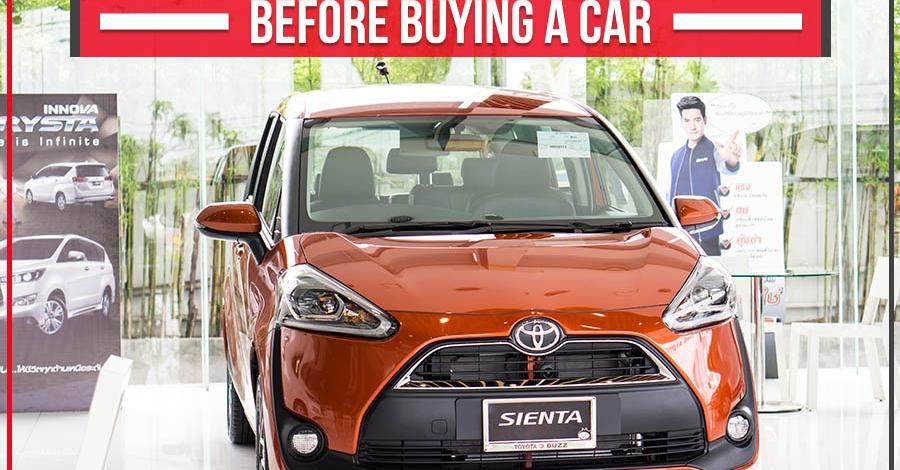Buying a car is a stressful task for any driver to undertake, whether a fresh-faced motorist that only recently passed their test or an aficionado with years of driving under their belt. A car is an investment, and a long-term one at that; it is not a frivolous purchase, and the ramifications of your choice will endure for the entirety of your time with the vehicle. As such, choosing ‘correctly’ is vitally important for your wallet and for your needs.
This is especially true in what has turned out to be a difficult time, financially speaking. As car ownership becomes more expensive for the average household, making the right decision first time is more important than ever. With this in mind, what are some key questions you can ask yourself to assist in your decision-making?
Can You Afford It?
This first question is the most important one, and an extremely important one for your to answer to yourself honestly: can you afford this car? On face value, this can refer to the upfront value of a given vehicle. Do you have the money available to buy it, or would financing this vehicle be financially irresponsible in the context of your wider personal budget?
This question goes to more fundamental considerations than just the upfront cost of a given car. There are also ongoing costs to consider, including insurance, tax and maintenance. With regard to maintenance, there are many things to budget for; you will need to replace your tyres seasonally or on a regular basis, you will need to invest in regular services, and you will need to stock up on the likes of engine oil and spare batteries.
New or Used?
This initial question about affordability foreshadows another, based on how you’ll go about buying your car. The basic question is this: new or used? New cars afford a higher upfront cost, but are also in their best possible condition. They allow you to avail of the best technological innovations within the automotive industry, and are often the safest vehicles on the road.
Meanwhile, buying used offers you the opportunity to choose from a much wider range of potential vehicles, and all at a discounted or depreciated price on account of their pre-owned status. Older cars can be cheaper to run, too, where older designs are less technologically advanced and simpler to fix.
What Do You Need?
Another crucial question to answer early in your car-buying journey relates to your specific needs as a driver. What exactly will you be using your car for? The answer to this will inform the features most useful or important to you, and allow you to narrow your scope to only the cars that fit your purpose.
If you were driving long distances for work and family, you wouldn’t settle for a cramped hatchback that struggled to maintain motorway speeds; likewise, a bulky and pollutive SUV would be unsuitable for tight urban roads and parking spaces, to say nothing of the potential emissions charges.

